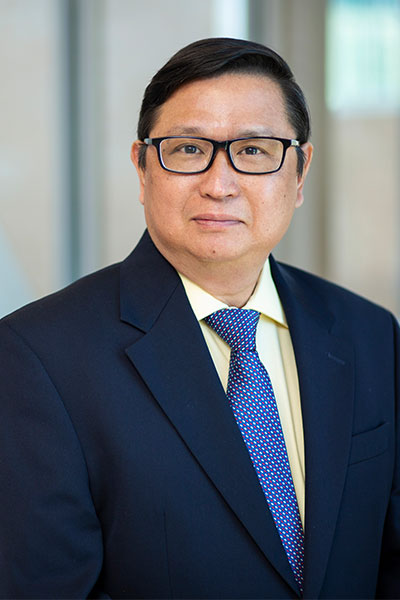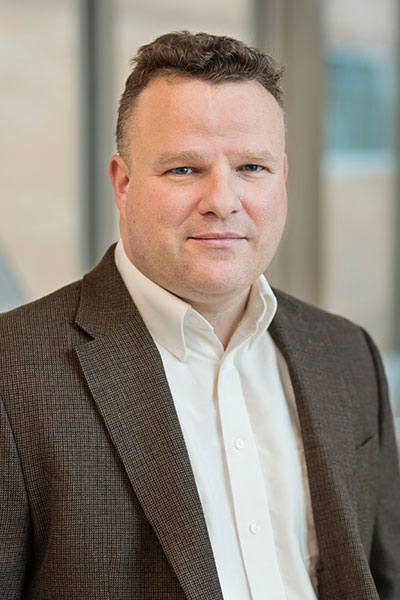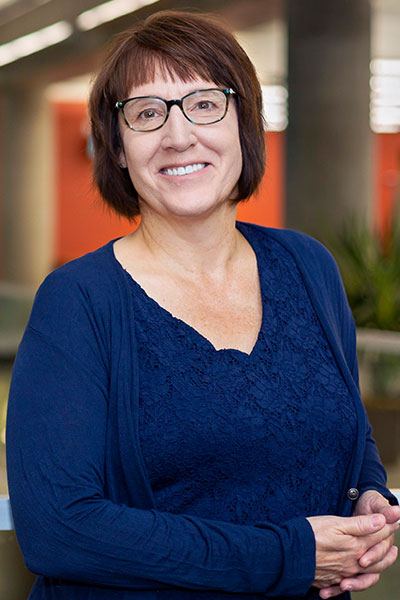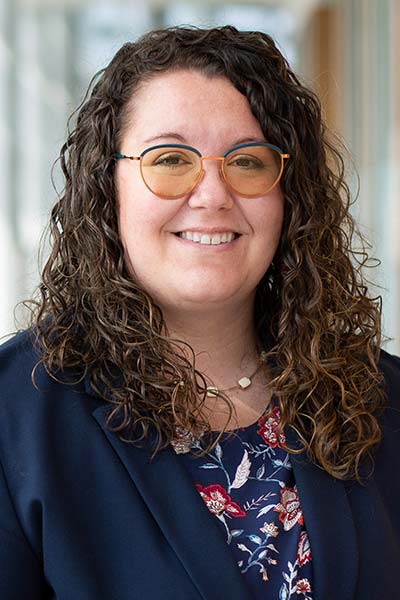2021 REU Students
(May 18 – July 22, 2021)
Student Participants
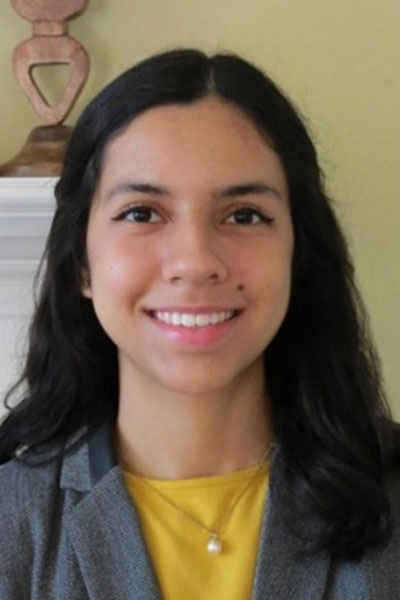
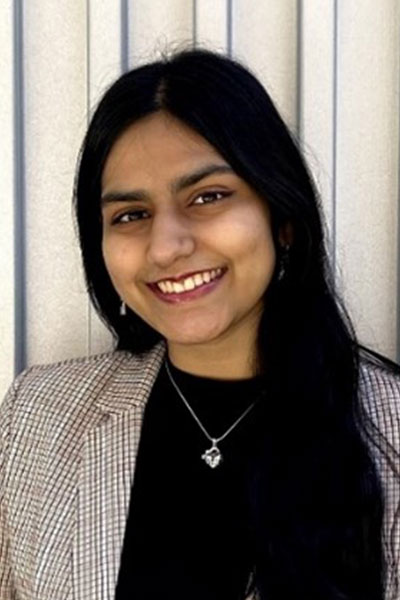
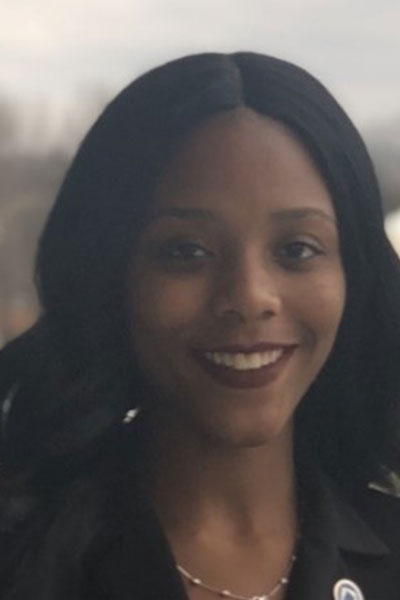

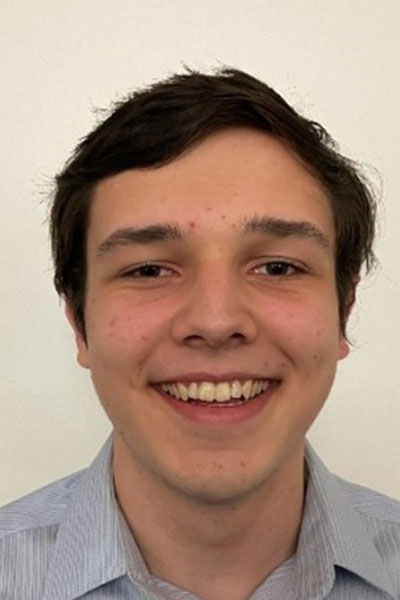


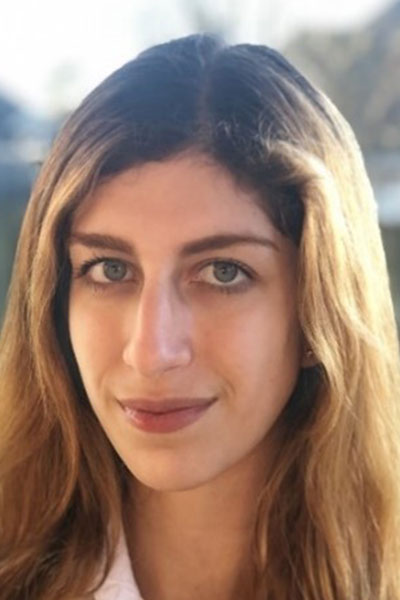
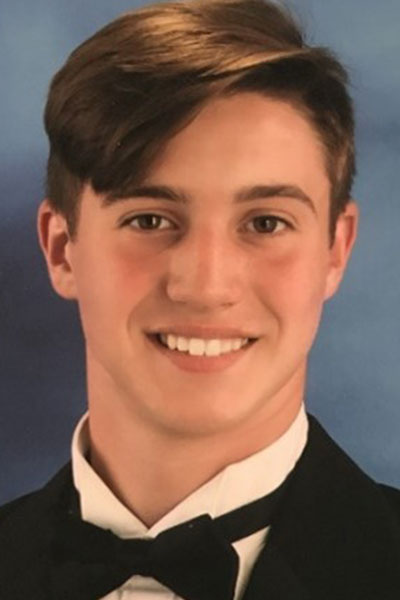

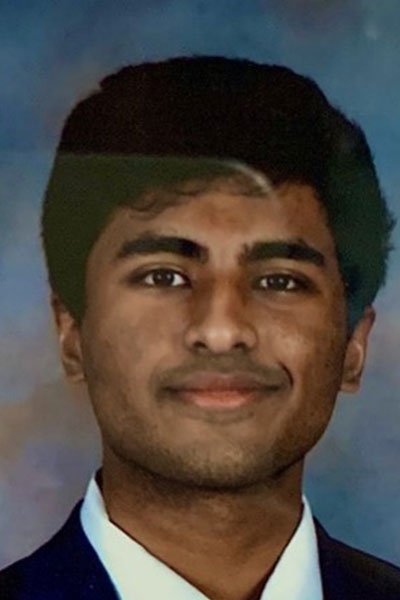
Students' Origin
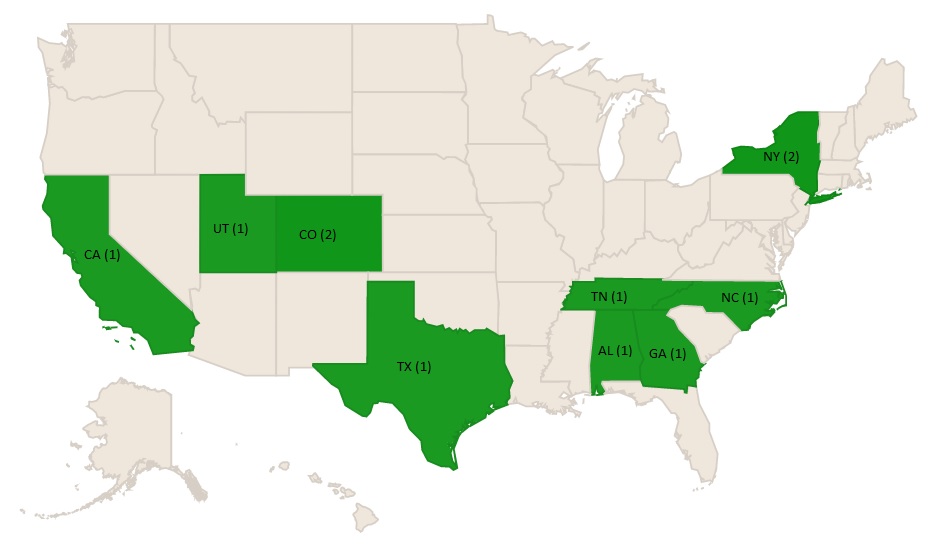
Faculty Research Mentors
Graduate Research Mentors
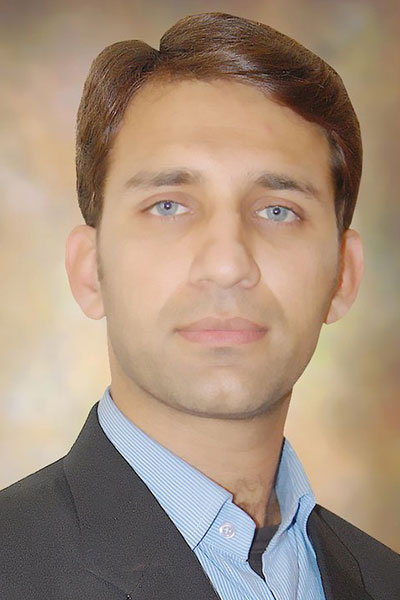
Assad Iqbal
Graduate Research Mentor
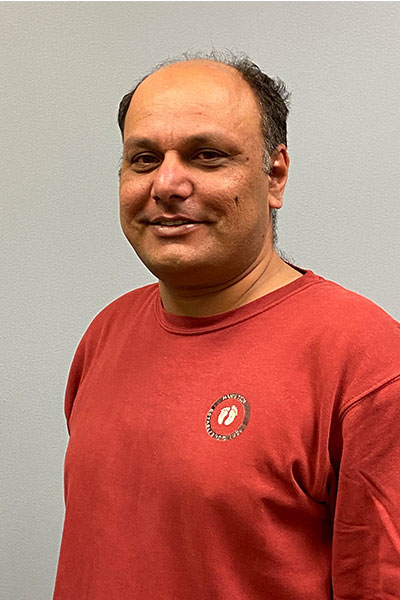
Muhammad Asghar (Mo)
Graduate Research Mentor
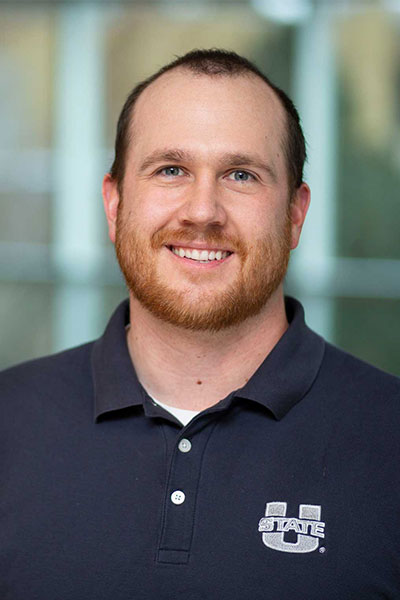
Jack Elliot
Graduate Research Mentor
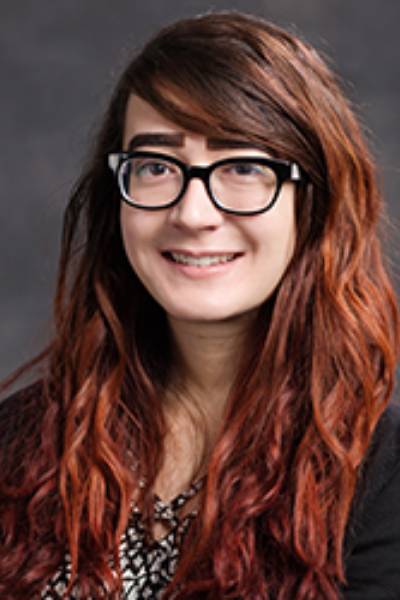
Theresa Green
Graduate Research Mentor
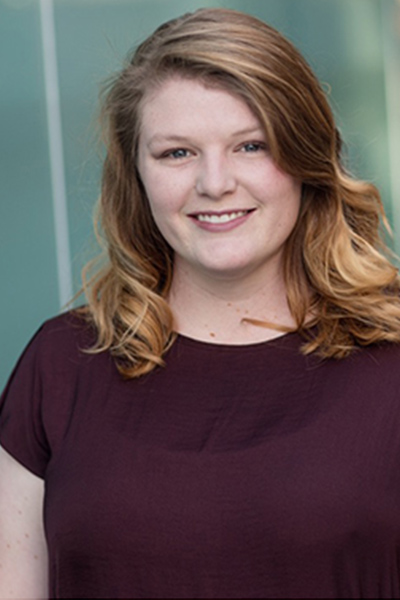
Lori Caldwell
Graduate Research Mentor
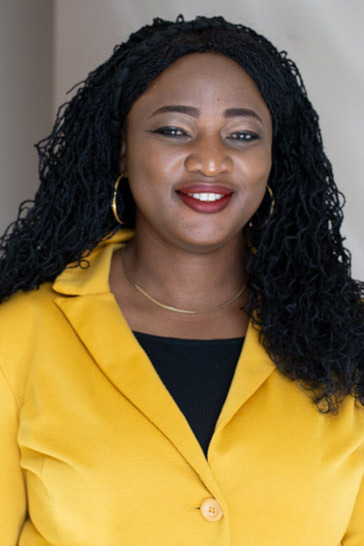
Victoria Oyewola
Graduate Research Mentor
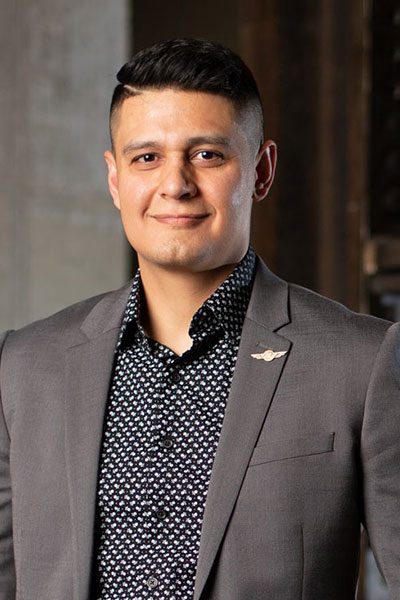
Jorge Espinoza
Graduate Research Mentor
Research Projects

Project # 1: Adaptation and Learning Strategies in Unplanned Unexpected Learning
The recent nationwide CoVid19 pandemic created a call for higher education to move their teaching and learning practices from traditional face-to-face interaction to internet-based virtual online learning. This was expected to disrupt students’ learning. These changes had to evolve almost instantly, with either a limited or absent amount of support from instructional designers. Resultant to these changes, students were required to adapt and adjust to learn successfully form their new learning environment. The changes were not merely intermittent but was sustained throughout the completion of the Spring 2020 semester. This study seeks to understand how students adapted to their new online learning environment. Data were collected through Qualtrics. Students’ participation was voluntary, and they could withdraw from the study at any time (opt out). Data collection involved 12 (i.e., 10 multiple-choice and 3 open-ended) questions delivered through a survey instrument. The survey was conducted at the end of this spring 2020 semester. This study focuses on the last 2 open-ended survey questions.

Project #2: Understanding the Impact of Expanding Statics Problems towards Environmental and Biological Engineering Applications
Statics is a foundational class for many engineering disciplines including Mechanical, Civil, Aerospace, Biological, and Environmental Engineering. Traditional Statics curriculum is heavy in mechanics problems that are directed to the first three content areas mentioned above. This may have impacts on student interest and student retention. Current efforts at Utah State University seek to develop and evaluate mechanics problems that have an emphasis that more closely aligns with Biological and Environmental Engineering. This work uses qualitative methods to investigate student feedback upon completion of the newly developed problems as well as to determine the learning impacts of the new problems.
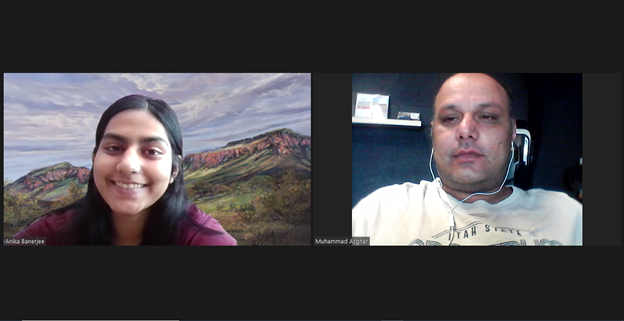
Project #3: Effects of Participation in High Impact Educational Practices (HIP) on the Persistence and Success of Engineering and Computer Science Students
Student persistence, retention, and entry into the technical workforce remain “grand challenges” for engineering and computer science education, especially among women, students from underrepresented racial and ethnic groups, and first-generation college and nontraditional students. While many factors contribute to student success, research shows that college students are more likely to persist and graduate when they participate in high impact educational practices (HIP). HIP include (but are not limited to) culminating (i.e., capstone) experiences in their major, internships, learning communities, service learning, study abroad, and undergraduate research. Prior work shows that only a fraction of engineering and computer science (ECS) students participate in HIEP, which remain largely voluntary and may be inaccessible for diverse or nontraditional students. This research employs a mixed method approach to gather data using an online survey and focus groups interviews with ECS undergraduates at two institutions. In this REU project, we will collaboratively analyze qualitative data previously generated with the focus groups and then analyze all data together to make connections between our qualitative focus group findings and quantitative results from the survey responses.
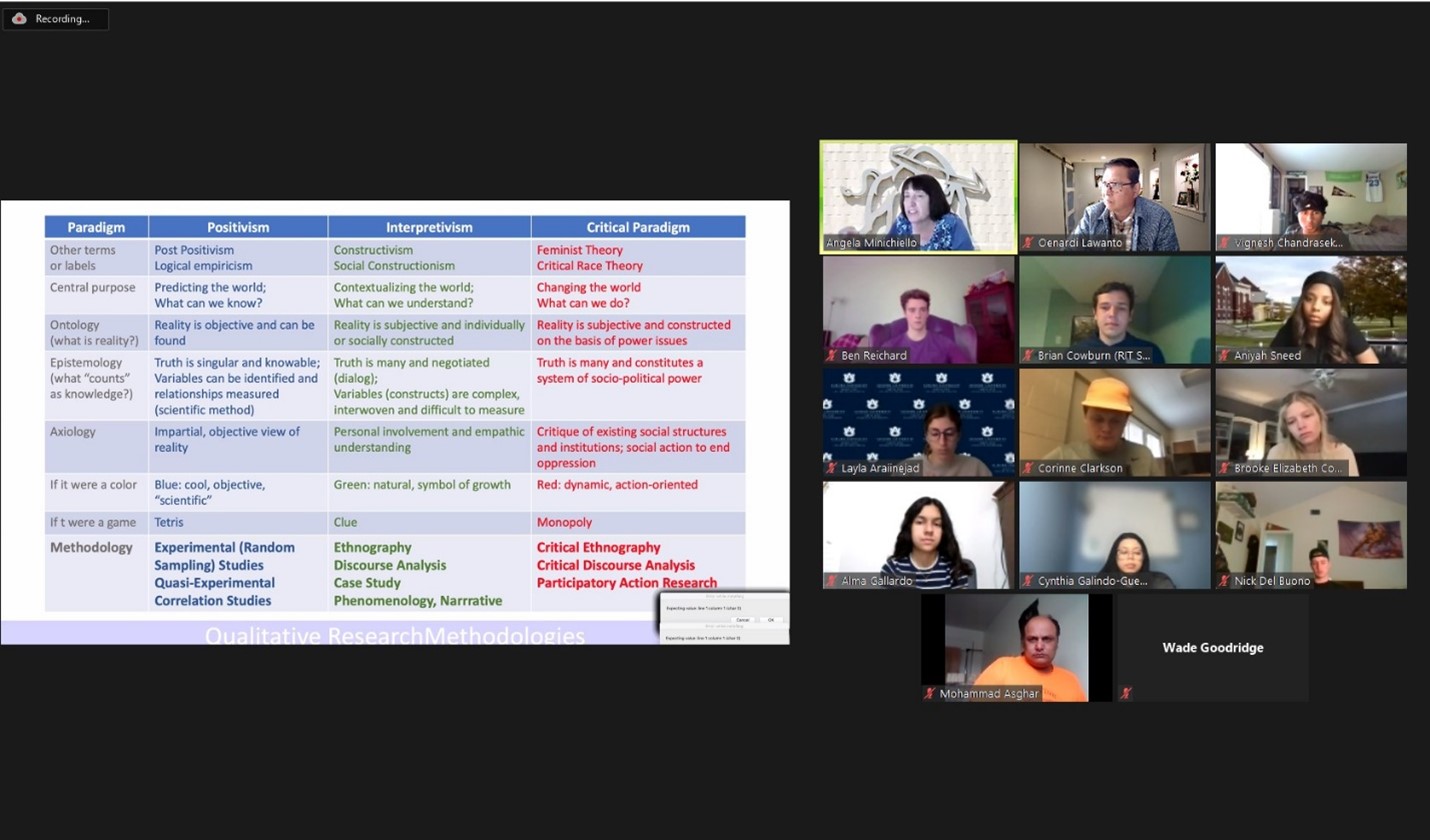
Project #4: Mobile Instructional Particle Image Velocimetry (mI-PIV): Using Mobile Devices to Improve Students’ Interest in and Perceptions of Learning Fluid Mechanics via Hands-on Flow Visualization and Experimentation
Although knowledge of fluid mechanics is foundational for many engineering careers within aerospace, biological, biomedical, civil, mechanical, naval, and ocean engineering, it is common for engineering programs to delay fluid mechanics instruction until undergraduates’ third year of study. Often, students report that these introductory courses are mathematically abstract and conceptually difficult, and that they lack connection to real-world engineering applications. Research shows that students’ experiences in introductory fluid mechanics courses can result in negative shifts in their perceptions about fluid mechanics and related career fields. These findings point to the need to engage engineering students in hands-on, professionally relevant activities to cultivate their conceptual understanding and fuel their interest in careers that depend on fluid mechanics expertise. mI-PIV is a new mobile learning technology we are developing to enable students to visualize and quantify fluid flow characteristics in real time using techniques employed in industry and engineering research. In this REU project, we will analyze existing qualitative data generated with engineering students as they used mI-PIV to explore a vortex ring fluid flow. Then, we will work to improve the design of mI-PIV in three ways: (1) experiment with mI-PIV to explore a fluid flow and offer ideas for improvement, (2) brainstorm new flow experiments for mI-PIV, and (3) develop learning materials for current mI-PIV flow experiments.
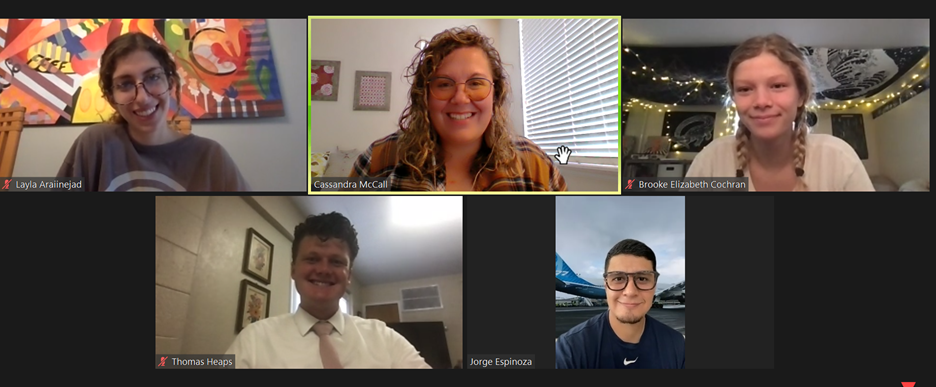
Project # 5: Engineering Identity
Developing an engineering identity is crucial for the persistence in the field. Individuals who do not maintain a sense of belonging to or identify with engineering groups or perceive themselves as engineers are more likely to leave the profession. This can be particularly challenging for students in the second year of their undergraduate engineering experience, a year in which students are taking foundational courses to propel their careers in engineering. In this project, we will develop research-based assessment approaches grounded in concepts of Universal Design for Learning and identity formation that allow students to demonstrate their knowledge in a Mechanics of Materials course using student-centered perspectives
Testimonies

Cynthia Galindo-Guerrero (California State University, San Bernardino)
“There was support everywhere! We had organized meetings, and I believe that everyone worked super well together! So, through this REU, I learned that research can be organized and not chaotic. I, also, learned how much the professor you are working with affects the research you are doing.”
Aniyah Simone Sneed (North Carolina Agricultural & Technical State University)
“In the beginning, I had little knowledge regarding Qualitative research. I now have a strong interest in completing more Qualitative research.”


Brian Douglas Cowburn (Rochester Institute of Technology)
“I have done research before, but I have not been immersed in a project the way I was during this REU. In this sense, all of my perceptions about research have changed.”
Benjamin Powell Reichard (Lipscomb University)
“I learned that is not always a well-planned and smooth process and that is part of it. Before this REU program, I thought that research projects were clearly define beforehand and were meant to follow a specific path. I learned that although there are steppingstones that need to be met in the process, there is no clear path and the team has to be flexible to whatever happens in the process.”


Anika Banerjee (Georgia Institute of Technology)
“My perceptions about research have changed …”
Vignesh Ramanan Chandrasekhar (University of Colorado at Boulder)
“In doing actual research, I realize that it is not something that is easy or hard, but something one has to put time and effort into in order to get results.”


Alma Paola Gallardo Campa (Lone Star College-CyFair)
“… I have a new appreciation for qualitative research, and I do not find research quite as daunting anymore”
Nicholas Daniel Del Buono (Long Island University- Post Campus)
“I particularly enjoyed how we were able to collaborate with many different people throughout the whole process so that I could develop a complete understanding of what we were trying to do.”


Thomas Matthew Heaps (Utah State University)
“I would say that my perceptions about research have changed after completing the REU program since I was exposed to the process and had the opportunity to analyze raw data.”
Brooke Elizabeth Cochran (University of Colorado Boulder)
“My perceptions have changed the most about qualitative research and mixed methods research. I feel this will impact me the most when reading research papers that have qualitative components in the future.”


Layla Sadat Araiinejad (Auburn University)
“…I used to think that research is boring paperwork, but it's not boring at all, it much more than that and I feel accomplished after finishing this program.”


